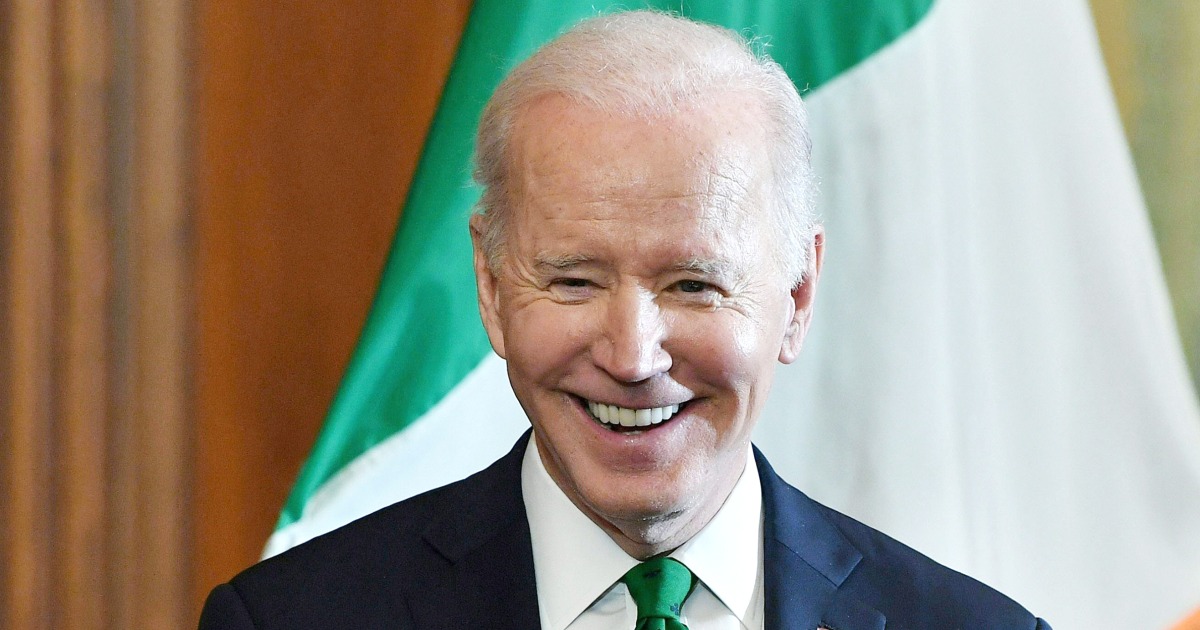Key takeaways:
- President Joe Biden is set to embark on a four-day trip to Northern Ireland and the Republic of Ireland this week to mark the 25th anniversary of the Good Friday Agreement.
- Biden’s trip is part homecoming, part statecraft and part politics, and he will deliver remarks at Ulster University to highlight the progress since the signing of the peace agreement in 1998.
- The President is also expected to trace his family history during the trip, and the trip is a timely intersection of his personal history and his view of international relations.
President Joe Biden is set to embark on a four-day trip to Northern Ireland and the Republic of Ireland this week. The trip marks the 25th anniversary of the Good Friday Agreement, which ended 30 years of violent conflict in Northern Ireland.
Biden’s trip is part homecoming, part statecraft and part politics. The current Irish Catholic president, who has Secret Service codename “Celtic”, has a deeply felt personal history with the country. Last summer, when Biden was isolating with Covid in the White House, the top book on his desk was “JFK in Ireland”.
Biden will deliver remarks at Ulster University, marking the tremendous progress since the signing of the peace agreement in 1998. National Security Council spokesman John Kirby said at the White House briefing that the President will “highlight the importance of the Good Friday Agreement and the progress that has been made since its signing.”
The President is also expected to trace his family history during the trip. Biden’s great-great-grandfather, Edward Blewitt, emigrated from County Mayo, Ireland to the United States in 1850. Biden himself visited Ireland in 2016, and told his aides afterwards it was the “best four days of my life.”
The President’s trip is a timely intersection of his personal history and his view of international relations. It is expected to be a meaningful and memorable journey for Biden, and a reminder of the progress made since the Good Friday Agreement.



Be First to Comment